Precision CNC Machining for Communication Device Connectors: A Comprehensive Guide
Are you a procurement manager or engineer frustrated by connector parts that just don't fit right? 😤 That tiny bit of wobble, that signal loss you can't trace... it often boils down to one thing: imprecise machining. When your communication devices demand flawless performance, every connector must be perfect. This is where Precision CNC Machining for Communication Device Connectors becomes not just an option, but a necessity. Let's break down why it's so critical and what you should really be looking for.
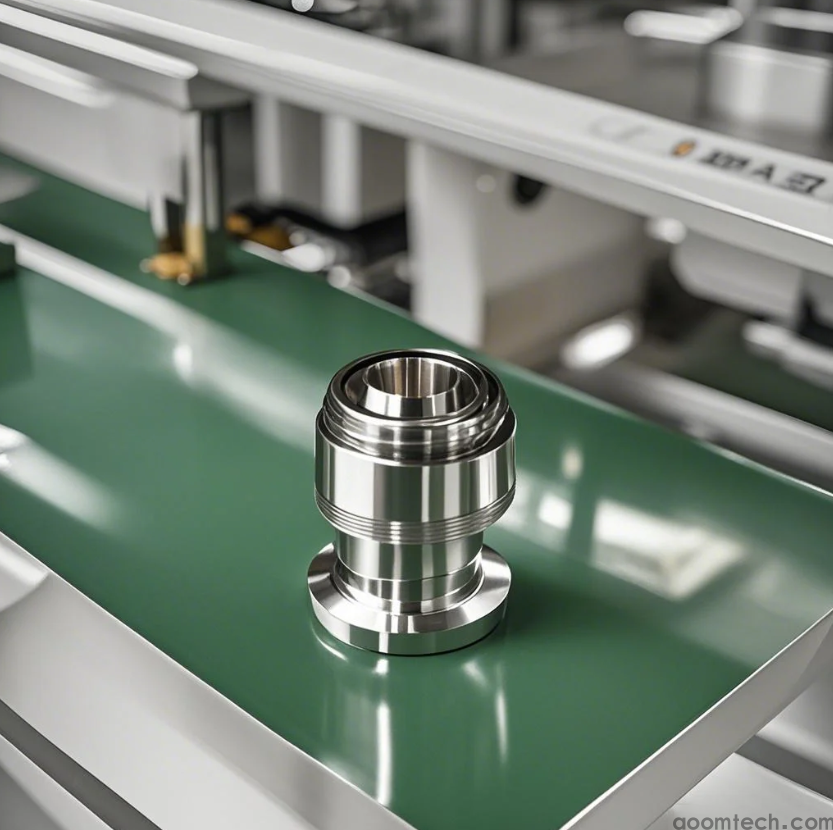
What Makes CNC Machining So Good for Communication Connectors?
Think of a communication connector as the tiny, high-tech hallway that your data has to run through. If the walls are crooked or the floor is bumpy, the data trips and falls. CNC machining is like having a super-precise robot architect that builds these hallways perfectly every single time. It uses computer-controlled tools to cut metal (like brass or phosphor bronze) with incredible accuracy. This process ensures the connector's pins, housing, and shielding all fit together without any gaps or misalignments. While it's often said this proves CNC is the best method, it might be more accurate to say it perhaps suggests it's the most reliable for achieving mass-produced consistency.
Why is Material Choice a Big Deal for Connector Performance?
You can't just use any metal for a connector. The material needs to be a superstar in a few areas:
• Good Electrical Conductivity: For clear, fast signal transmission.
• Strength and Durability: To withstand being plugged and unplugged thousands of times.
• Resistance to Corrosion: To avoid degradation over time.
Common picks are brass with gold plating, or beryllium copper for higher-end applications. But here's a twist – the exact science behind why certain platings drastically extend lifespan, beyond just preventing rust, is an area where my knowledge gets a bit fuzzy. The specific interaction mechanism between the plating material and signal integrity deserves a deeper dive.
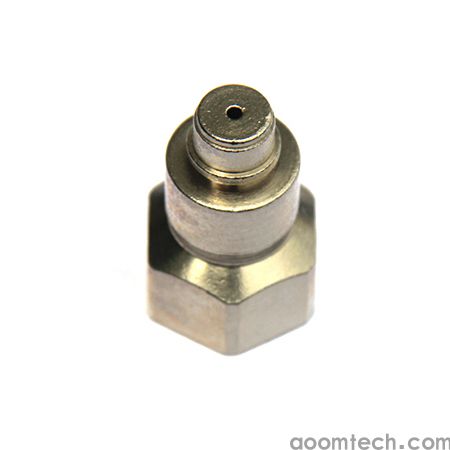
What Tolerances Are We Actually Talking About?
In the world of precision connectors, "close enough" is a failure. We're talking about tolerances measured in microns (thousandths of a millimeter). A human hair is about 75 microns thick; some connector features need to be accurate to within 5-10 microns. This level of detail ensures that when you plug in a cable, it makes a perfect seal and electrical contact every single time, with no signal leakage. This is non-negotiable for high-frequency 5G equipment and data centers.
How Do You Spot a Quality CNC Machining Partner?
Not all machine shops are created equal. When the performance of your entire communication line depends on a tiny part, you need to vet your supplier rigorously. Look for these things:
• Evidence of Quality Control: Ask about their inspection process. Do they use automated optical inspection?
• Experience with Similar Parts: Request case studies or samples. Have they made connectors before?
• Communication: Are they responsive and able to explain their process clearly?
From my own experience, the best suppliers are the ones who ask as many questions as they answer. They want to understand the part's function to spot potential issues you might not have considered. However, it must be said, that finding a partner who excels in both high precision and consistent, on-time delivery can be a real challenge in a crowded market.
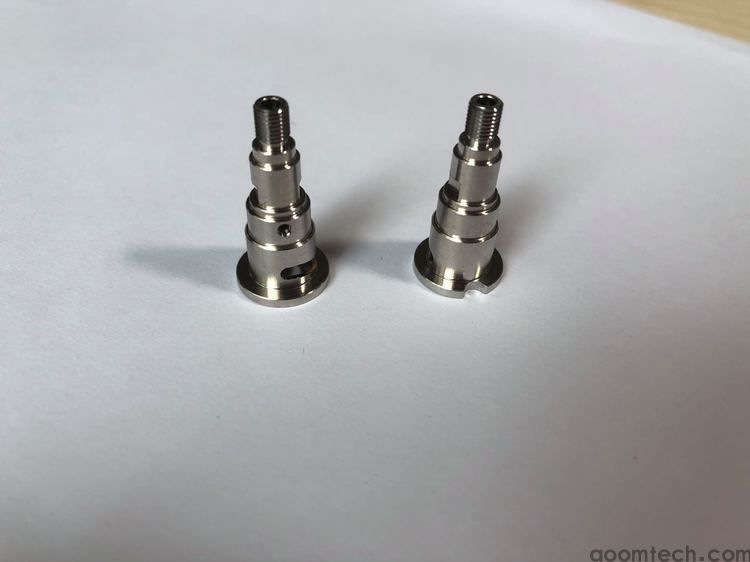
The Real Cost: Why Cheap Connectors Are Expensive
It's tempting to go for the lowest quote. But a cheaply made connector will cost you more in the long run through field failures, device returns, and damaged reputation. The initial cost of precision CNC machining is an investment in reliability. You're paying for peace of mind, knowing that your devices will work as intended, without costly recalls or support tickets.
Ready to eliminate connector failures from your supply chain? The right manufacturing partner makes all the difference. If you're looking for expertise in precision-machined components with a focus on quality and reliability, our team specializes in just that. Click to connect with our online service team today and let's discuss how we can bring precision to your next project. 🚀
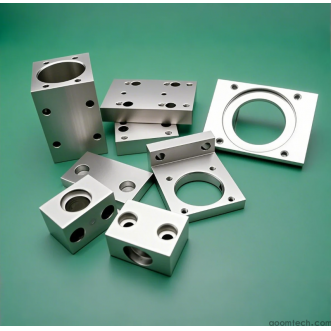 How is the price calculated fo
How is the price calculated fo
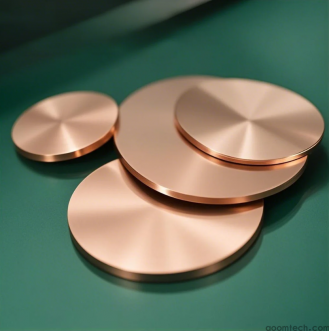 How Does a High-Precision CNC
How Does a High-Precision CNC
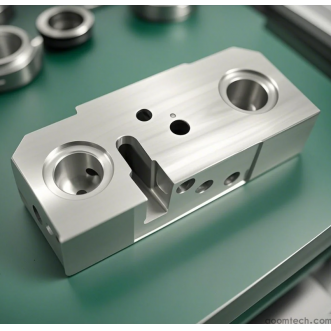 What Factors Affect CNC Machin
What Factors Affect CNC Machin
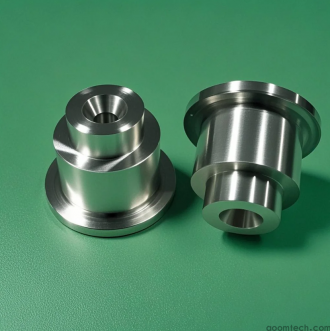 How to Choose a Supplier for C
How to Choose a Supplier for C


